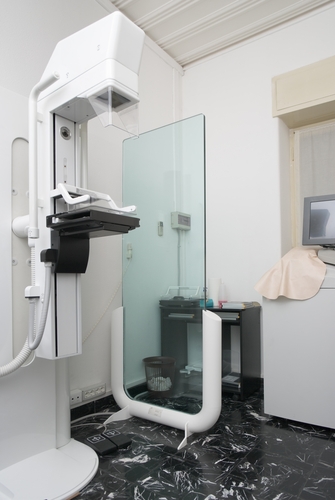Online portals offer patients endless and helpful information about their health. People can check lab results, look over their vitals, communicate with their doctors and schedule appointments. While these websites may be easy to use for health care providers, the same cannot be said about patients. Depending on a patient's age, education and health literacy, he or she may be reluctant to register for the portal.
Patient backgrounds inhibit portal use
Earlier this year, the U.S. Centers for Medicare and Medicaid Services proposed to modify Stage 2 of the Meaningful Use program to eliminate the required 5 percent of people using portals. Instead, health care providers will need to have at least one of their patients view, download or transmit medical information using the system. While the CMS expects plenty of doctors to surpass this new threshold, they have established a more obtainable goal considering the possibility that patient portals have their limitations.
In a study published in the Journal of the American Informatics Association, researchers from Northwestern University discovered that patient portals could widen the gap in disparities between patients. Of the 534 older adults in the study, 93.4 percent had access to a registration code for the website, yet only slightly more than half created accounts. The investigators then looked at the ages, gender, race, education levels, chronic conditions and health literacy of the participants to gain further insight.
They found that patients who were college educated, white, or had adequate health literacy were more likely to register and actively use patient portals. Caucasians and those with good health literacy skills were 2.5 times and 3.5 times, respectively, more likely to log in to the systems than African Americans or those who weren't well-versed in health terminology.
"If we now further complicate what it means to be a patient by asking people to be engaged outside the doctor's office – on the web or by mobile phone – and if these same groups of patients are not as capable or ready to assume these new roles, we may further exacerbate the disparities that already exist," Sam Smith, Ph.D., co-author, former postdoctoral fellow student at Northwestern and current postdoctoral fellow at the Queen Mary University of London, said in a press release.
New software may improve health literacy
One group of presenters at this year's Society for Imaging Informatics in Medicine conference may have the answer for the health literacy problem. Researchers from the University of Pennsylvania developed software that will help patients understand their medical imaging results, AuntMinnie.com explained. The Patient-Oriented Radiology Reporter prototype searches radiography reports for common and clinically important terms and highlights them and links to definitions. The researchers' goal was to create a glossary that would have a reading level to a what a high school sophomore would be expected to grasp to ensure more people understood their results. The software also contained an interactive web-based interface that allowed users to further research terminology.
"In the era [moving] toward patient empowerment, we believe that developing a patient-oriented platform is the natural next step in optimizing radiology reports," Seong Cheol Oh, Ph.D., research assistant professor of radiology at UPenn, told the source.
In the 175 knee MRIs the investigators analyzed, PORTER found more than 13,000 instances of glossary terms with approximately 12 to 125 words per report, which shows the necessity of developing patient-friendly documents.
While PORTER is only in its early stages, it may eventually help health care providers meet MU criteria for patient portals.
Contact Viztek for more information.
Ronny Bachrach
Latest posts by Ronny Bachrach (see all)
- Konica Minolta Debuts First-of-Its-Kind Digital U-Arm System at AHRA - July 27, 2016
- Researchers Detect Signs Of Stroke Risk Using MRI - June 27, 2016
- Imaging Biz: Q&A with David S. Channin MD: How to Make PACS Patient Centered - June 22, 2016










